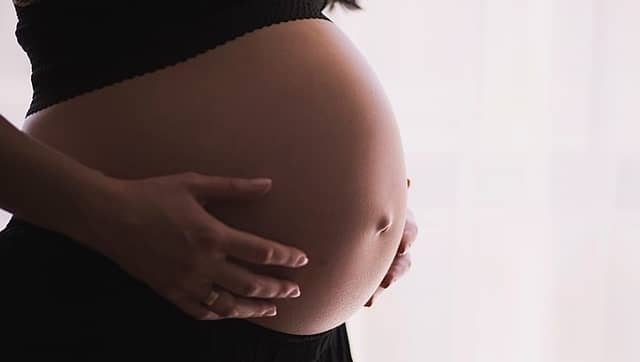Being a high blood pressure or hypertension patient is never easy, no matter what your age, or gender. If left untreated, hypertension can cause everything from heart disease and stroke to dementia, sleep apnea, and kidney damage. This is the reason why keeping a regular check on your blood pressure levels is not just important, but a necessity during certain phases of life like pregnancy. Effects of hypertension during pregnancy High blood pressure during pregnancy, also known as gestational hypertension, can have severe repercussions on maternal as well as fetal health. The American Pregnancy Association (APA) says that 6-8 percent of women tend to develop gestational hypertension during pregnancy. According to the American College of Obstetricians and Gynecologists (ACOG), gestational hypertension is likely to occur after the first 20 weeks of pregnancy are complete, and increases the mother’s risk of developing hypertension even after the pregnancy. What’s more, gestational hypertension can cause many complications. The ACOG says that it puts extra stress on the kidneys and heart, which may increase the risk of heart disease, kidney disease and stroke. It can also restrict the supply of oxygen, blood, and nutrients to the fetus, leading to fetal growth restrictions. Preeclampsia, placental abruption, preterm labour and cesarean birth are all severe complications caused by gestational hypertension that can jeopardise the life of both mother and child. Regular prenatal or antenatal check-ups, a low-salt diet that includes sufficient proteins, drinking enough water, regular exercise, getting enough rest, and elevating your feet several times a day are all recommended by the APA to prevent gestational hypertension. These methods need to be adopted stringently, not just because of the implications on maternal and fetal health mentioned above but also because of the findings of a new study. Gestational hypertension and menopause Underlining the far-reaching effects of gestational hypertension, a new study published in Menopause: The Journal of the North American Menopause Society indicates that women who have a history of hypertension during pregnancy are likely to have more severe symptoms of menopause. The researchers studied the medical records of 2,684 women aged 40 to 65 years who had taken consultations regarding menopause and sexual health between May 2015 and September 2019. The researchers found that women who had gestational hypertension experienced more bothersome menopausal symptoms, like hot flashes and night sweats, as compared to women who had no history of hypertension at all. It also showed that women with hypertension who went through hormone therapy also reported more severe menopause symptoms. While the study could not establish any cause-and-effect link between gestational hypertension and menopause symptoms, the fact that doctors need to better track the health of new mothers — especially those who had gestational hypertension — is undoubted. Post-pregnancy screenings, and regular blood pressure screenings, throughout middle age and through to perimenopause and menopause, are needed for women to have better health outcomes despite the risks associated with hypertension. For more information, read our article on Gestational hypertension. Health articles in Firstpost are written by myUpchar.com, India’s first and biggest resource for verified medical information. At myUpchar, researchers and journalists work with doctors to bring you information on all things health.
The researchers found that women who had gestational hypertension experienced more bothersome menopausal symptoms, like hot flashes and night sweats, as compared to women who had no history of hypertension at all.
Advertisement
End of Article


)

)
)
)
)
)
)
)
)



